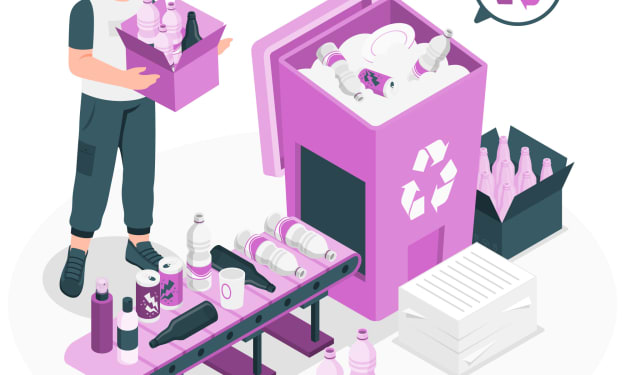Sustainable Waste Management Practices at Home: Making a Difference
Sustainable Waste Management Practices

In an era where environmental sustainability has become a global concern, it is crucial for individuals to take responsibility for their actions and make conscious choices that contribute to a cleaner and healthier planet. Waste management is a significant aspect of this endeavour, and implementing sustainable practices at home can have a profound impact. By reducing, reusing, recycling, and composting, we can significantly minimize our ecological footprint and promote a circular economy. In this blog, we will explore some practical and effective sustainable waste management practices that can be easily adopted within the confines of our homes.
1. Reduce and Refuse
The first step towards sustainable waste management begins with reducing the amount of waste generated in the first place. Consider making mindful choices when purchasing products, opting for items with minimal packaging or choosing reusable alternatives. Refusing single-use items like plastic bags, straws, and disposable cutlery can also make a substantial difference. By adopting a "less is more" mindset, we can minimize waste production and conserve resources.
2. Reuse and Repair
Before discarding an item, evaluate if it can be reused or repaired. Many household items, such as clothing, furniture, electronics, and appliances, can often be given a second life with some minor repairs or modifications. Consider donating unwanted but functional items to local charities or thrift stores. Frequent garage sales or online platforms to sell or exchange items, ensuring they find new homes rather than adding to landfill waste.
3. Recycle Properly
Recycling plays a vital role in sustainable waste management, as it helps reduce the consumption of raw materials and saves energy. However, it is crucial to understand what can and cannot be recycled in your area and follow the local guidelines. Commonly recyclable materials include paper, cardboard, glass, aluminium cans, and certain types of plastics. Remember to clean and sort recyclables before disposing of them to avoid contamination, which can render the entire batch unrecyclable.
4. Composting for Organic Waste
Composting is a natural process that decomposes organic matter, converting it into nutrient-rich soil. By composting at home, you can divert a significant portion of your waste from landfills while creating a valuable resource for gardening. Composting can be done using a compost bin or pile in your backyard or by using indoor composters for those living in apartments or with limited outdoor space.
5. Adopt Sustainable Packaging Practices
Packaging waste contributes significantly to the overall waste generated in households. Whenever possible, choose products with minimal packaging or packaging made from recyclable or biodegradable materials. Look for alternative packaging options such as bulk purchases or products with refillable options. Additionally, consider purchasing in larger quantities to reduce the overall packaging-to-product ratio.
6. Educate and Engage
One of the most impactful steps towards sustainable waste management is to educate ourselves and those around us. Stay informed about the latest recycling programs, local waste management initiatives, and sustainable practices. Share this knowledge with family, friends, and neighbours to encourage a collective effort towards waste reduction and management. Consider joining community clean-up events or neighbourhood composting programs to actively participate in creating a cleaner environment.
Conclusion
As sustainability becomes increasingly important, embracing unique waste management practices at home is a wonderful way to contribute to a cleaner, greener future. Implementing sustainable waste management practices at home not only reduces the strain on landfills but also conserves resources, saves energy, and protects our environment. By embracing the principles of reduce, reuse, recycle, and compost, we can make a significant positive impact on our planet. Remember that every action, no matter how small, counts. Together, let's be proactive in adopting sustainable waste management practices and pave the way for a greener and more sustainable future.





Comments
There are no comments for this story
Be the first to respond and start the conversation.